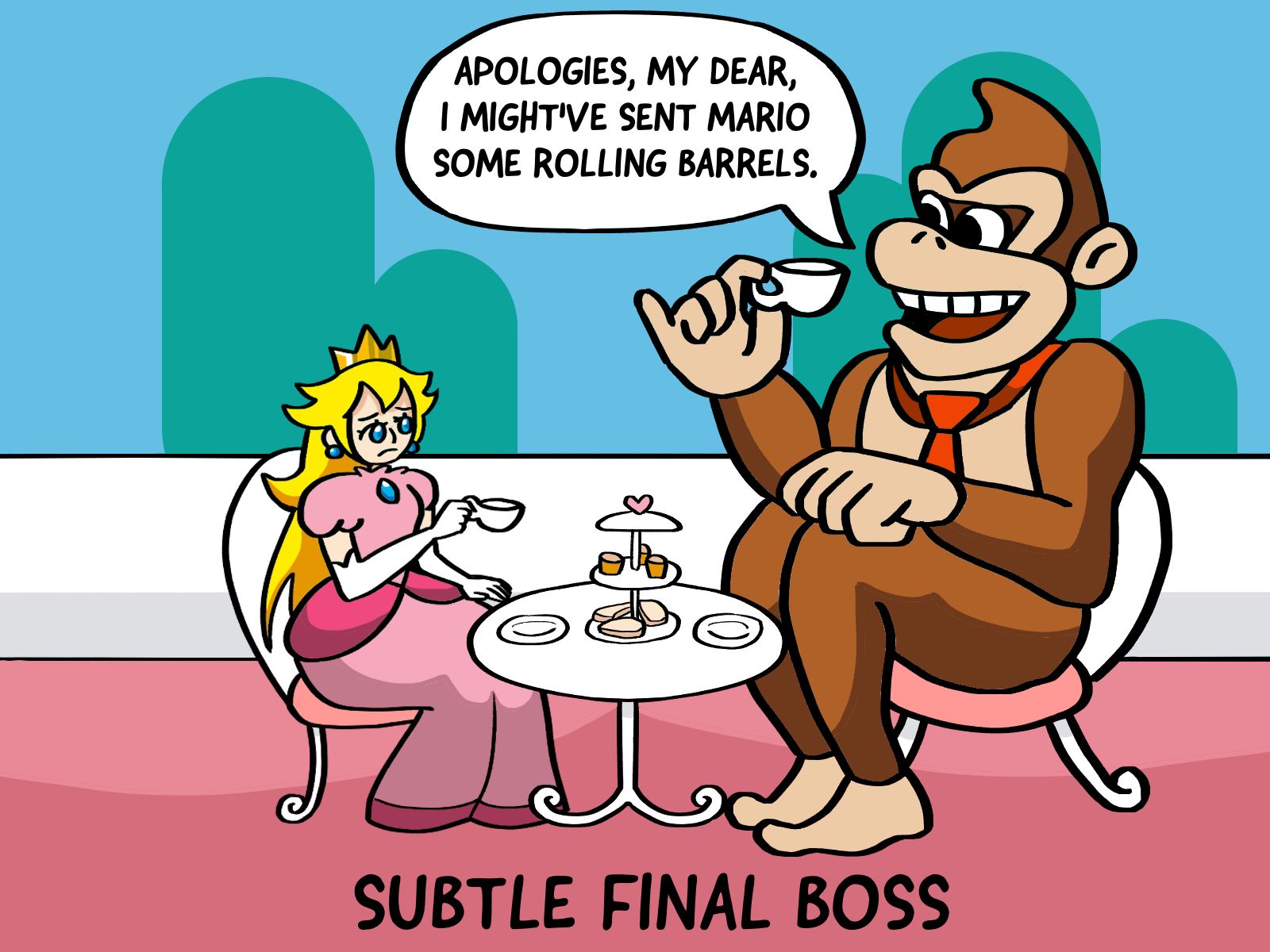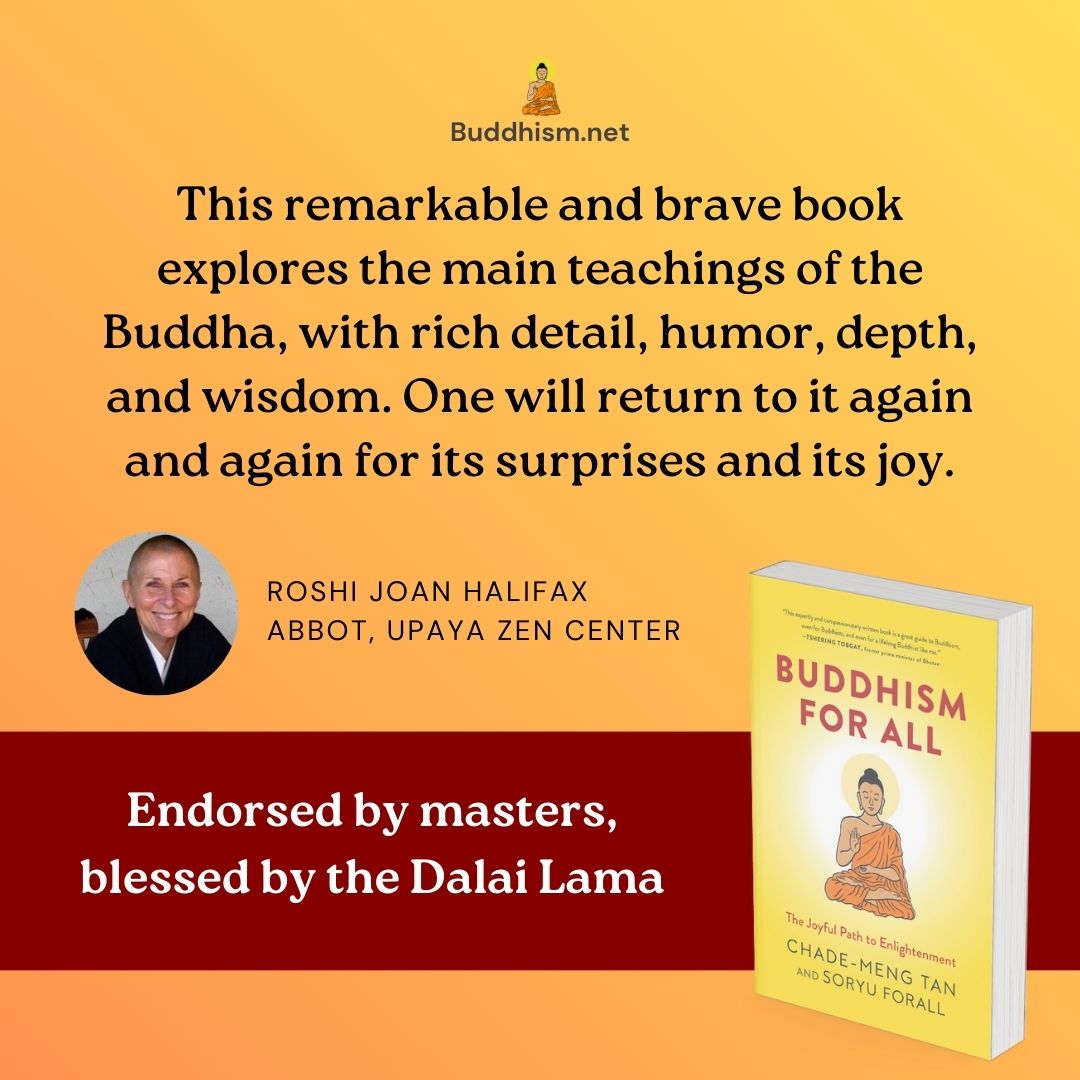
The five higher fetters can actually be surprisingly subtle when operating at the level of someone getting close to full enlightenment. One story that illustrates this involves the last obstacles to full enlightenment for Anuruddha, one of the Buddha’s ten main disciples.[1] Anuruddha was a fascinating character in his own right. He was a first cousin of the Buddha (their fathers were brothers) who lived a very pampered life. It was said that when he was growing up, he never heard of the phrase “no more” (natthi) because whatever he wanted, he was given.
According to one mythical story, Anuruddha was playing outside with some kids and wanted some cakes, so he sent his servant home to ask for cake from his mother, and mom obliged. And then he asked for cake again, and again. After the third repeat request for cakes, mom got annoyed and returned an empty platter with the message, “no more cake” (natthi pūvaṁ). It was said that due to Anuruddha’s amazingly good karma from his past lives, the gods could not stand to see him disappointed, so they put a delicious celestial cake on the platter for him. Anuruddha took one bite and determined that this “no more cake” is the most delicious cake he had ever had (it was divine, literally), so he repeatedly sent his servant back for more “no more cake”, and the gods obliged every time.
When Anuruddha grew up, his cousin Prince Siddhattha became the Buddha, and Anuruddha and his brother Mahānāma decided that one of them should leave the house to follow the Buddha as a monk. Anuruddha volunteered to stay home because being a monk sounded hard, so Mahānāma informed him of the duties of a householder: “First the fields have to be ploughed, then they must be sown, then water must be led into them, … etc etc etc … And the same must be done every year.” When Anuruddha heard that, he decided that’s too much work and volunteered instead to become a monk. No, that’s not why he became a monk, that was just my playful way of telling the story. In reality, Anuruddha asked an innocent question which led him to an important insight: “Does the work ever stop?” His brother replied, “No, there is no end to this work. Even when fathers and grandfathers passed away, the work was not to be stopped.” With that, Anuruddha suddenly gained insight into the endlessness and meaninglessness of suffering in samsara, and consequently, gained determination to become a monk.
Happily, Buddhist monk turned out to be a great career choice for Anuruddha because in a short span of time, he managed to perfect meditative concentration (the jhānas, which we will discuss later in this series). He also developed a superpower called the “divine eye”, which is the ability to see beyond the range of the physical eye. In Anuruddha’s case, his divine eye was so powerful he could “survey a thousand world systems, just as a man standing on a high tower could see a thousand farmsteads.”[2] In Buddhism, superpowers and miracles are nothing to be impressed by (a topic we will discuss later in this series). Still, Anuruddha’s divine eye was so powerful he was known and remembered, even to this day, as the master of the divine eye. I bet he could always find Waldo.
Even with the mastery of meditation and the divine eye, however, Anuruddha could not reach full enlightenment. Something was holding him back. So, Anuruddha asked his friend Sāriputta, the wisest of all the Buddha’s disciples, “Friend Sāriputta, with the divine eye, which is purified and supernormal, I survey a thousandfold world systems. Energy is aroused in me without slackening; my mindfulness is established without confusion; my body is tranquil without disturbance; my mind is concentrated and one-pointed. Yet my mind is still not liberated from the taints through non-grasping.”
Sāriputta replied, “Friend Anuruddha, when you think, ‘With the divine eye, which is purified …’, this is your conceit. When you think, ‘Energy is aroused in me without slackening … mind is concentrated and one-pointed’, this is your restlessness. And when you think, ‘Yet my mind is still not liberated …’, this is your remorse. It would be good if you would abandon these three qualities and stop attending to them. Instead, direct your mind to the deathless element.”[3] Anuruddha did that and arrived at full enlightenment.
I tell this story to point out how subtle Anuruddha’s restlessness was, and how even that was enough to hold him back. I have heard from at least two of my teachers that as their practice deepens and their minds get calmer and calmer, they keep discovering an even subtler layer of restlessness. In the case of Anuruddha, it wasn’t like he couldn’t sit still. His mindfulness, mental clarity, energy, tranquility, concentration and one-pointedness were all already at very high levels of mastery. Someone at those levels can easily sit for hours in meditation in perfect mental stillness and bliss without any distracting thought, so you would think that such a person would have no problem with restlessness at all, but even with that, Anuruddha experienced enough residual restlessness to block him from full enlightenment. The same is true for all the other fetters, they can all be extremely subtle, and even that can hold you back from full enlightenment. Only when Anuruddha totally abandoned even the subtlest of his barriers was he able to breakthrough to the final goal.
Activities
References
[1] Anuruddha’s stories here are taken from Great Disciples of the Buddha, by Nyanaponika and Hellmuth Hecker. Wisdom Publications (2003).
[2] Majjhima Nikāya 32.
[3] Aṅguttara Nikāya 3.130.
Featured image by Natalie Tsang.

